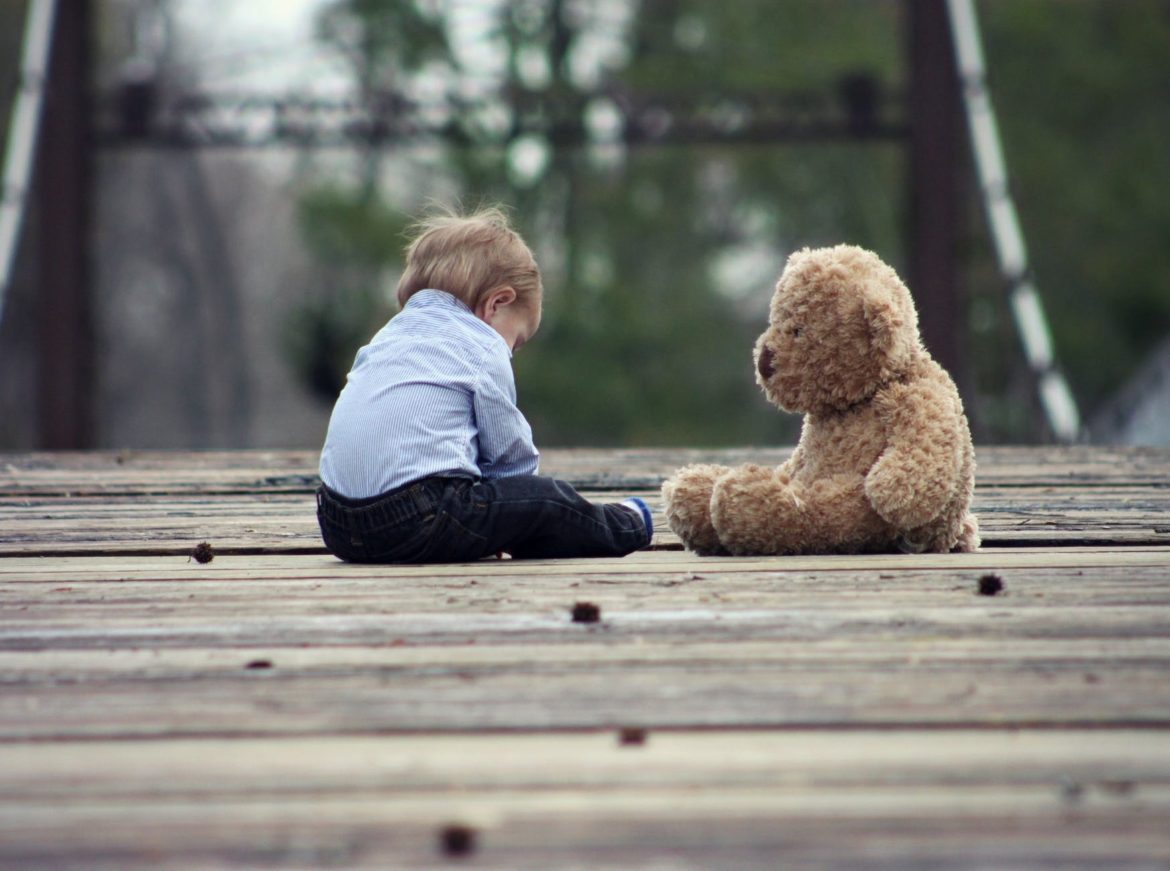The Week has a good look at how kids react to their anxieties (some throw tantrums that are part of the fight response; others disappear inward, as part of the flight response).
But the particularly interesting part for those of us with clinical anxiety was reading just how incredibly important it is for parents to model healthy responses to anxiety for their children.
Claire Gillespie, writing in The Week:
“Kids learn what they see. “Parents should evaluate their own anxiety and make sure they’re not modeling any excessively anxious thoughts or behaviors,” Krawiec says. “Of course, some anxiety is good, keeps us safe, and helps us to know right from wrong, but too much of it can be limiting psychologically, socially, and developmentally. Kids can learn anxious responses, and interpret anxiety, from their parent — trauma reactions can be passed through generations.”
There’s a name for this in psychology: social referencing. “This refers to the idea that children look to adults to understand how to regulate and manage their own emotions, says licensed clinical psychologist Melanie English, Ph.D., MSW.
“An adult might imagine being on an airplane with some turbulence; we might look around at other passengers to see if they are concerned or not with the turbulence,” she says. “If those passengers aren’t bothered we might feel fine; if we see others becoming upset, we might also feel upset. Like this example, our children will look to us to interpret a situation and how to react to it.”
If parents can positively address the negative feelings they experience (anxiety, stress, conflict, etc.), they can mirror that their kids — and you have a potentially life changing teaching moment right there. “Our children will inevitably see our anxieties, struggles, conflicts, bad days, and worst moods (welcome to life!), but we can identify and model to them why we might feel that way and how we handle it,” English says. “In turn, they will understand that there are sometimes uncomfortable feelings and emotions in this world but there are tools to try and address them.”
Now, the article goes on to make a very important point.
You don’t have to hide your anxieties from your kids. In fact, you probably shouldn’t.
Kids need to see that we struggle with life the way they do, and it can turn into a net positive if we show them that a) we’ve got anxieties, too and b) there are ways to cope with them.
It’s enormously helpful for kids to feel they’re not alone in their anxieties, that it’s a normal human response God put in our brains, and that there are ways to cope with it.

